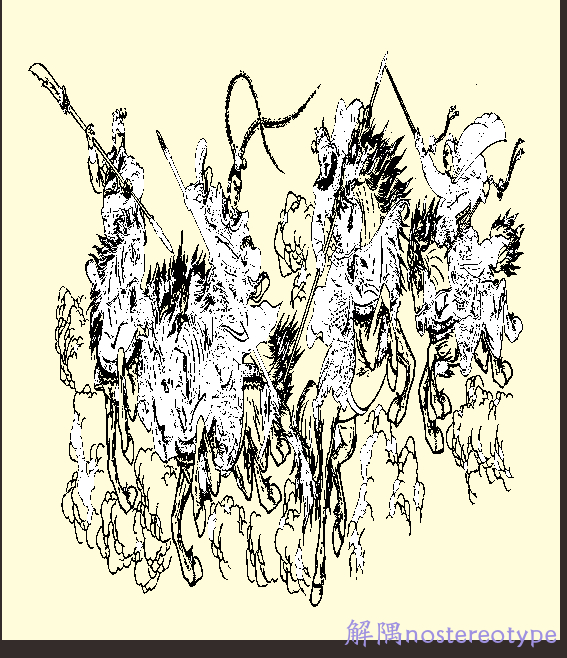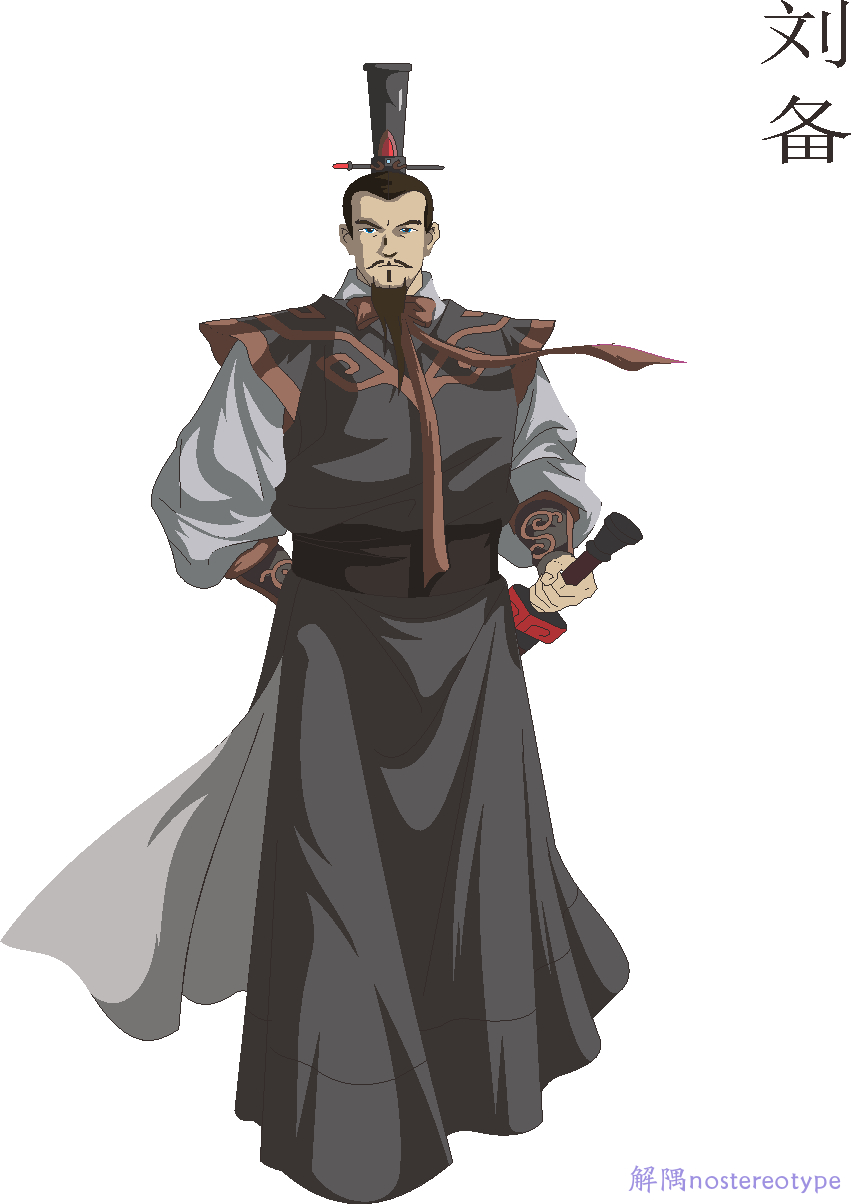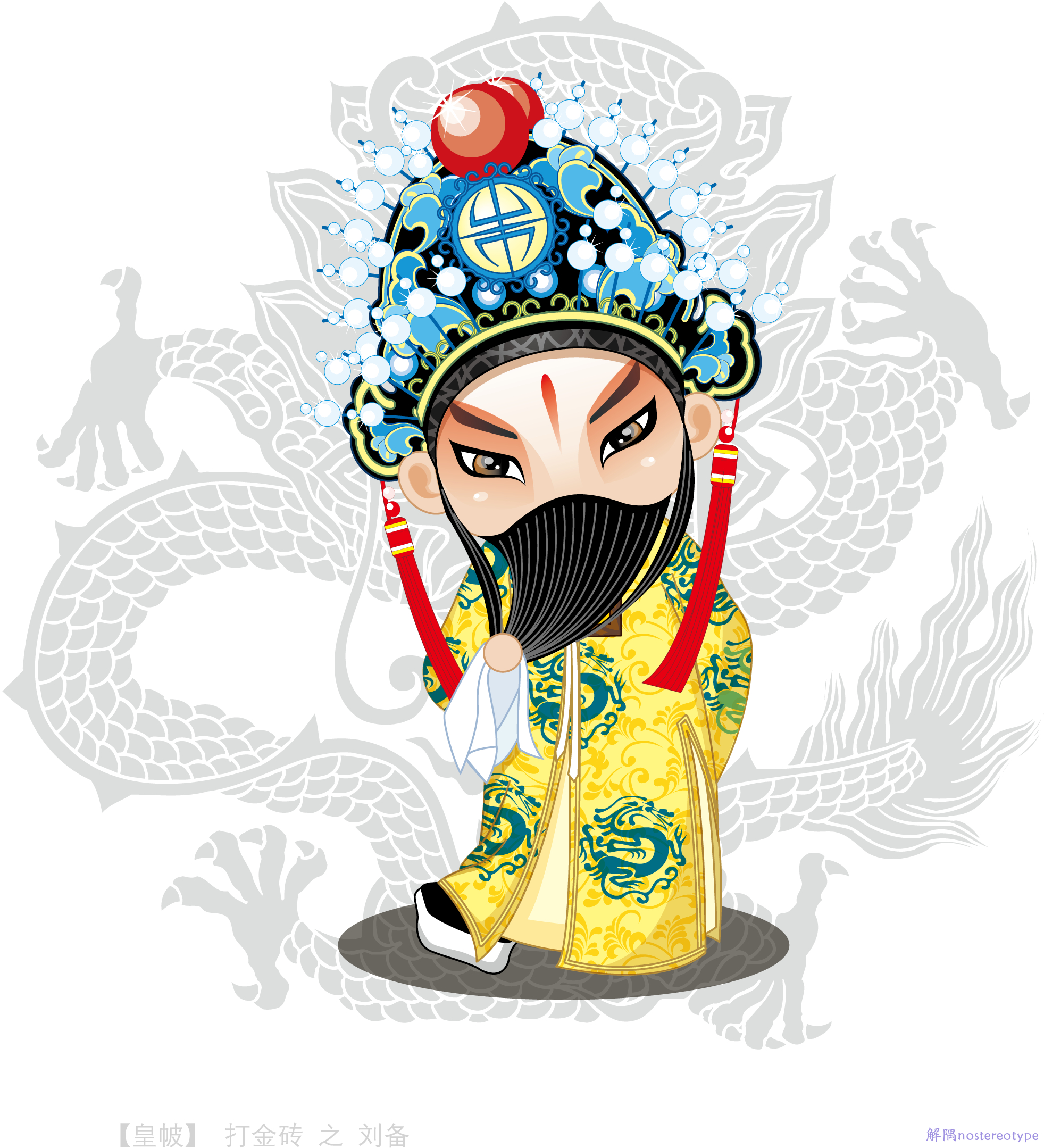Stereotypes in the Romance of the Three Kingdoms
Stereotypes in the Romance of the Three Kingdoms
Rolling Yangtze River East, the waves panned out the heroes. From the "Romance of the Three Kingdoms" out of the chaotic world, are we still immersed in the sadness of the fall of the Shu Han, the helplessness of the Sun and Wu collapse, the usurpation of Cao Wei. The chaos of the Three Kingdoms ended in the seizure of power by Sima. From my own feelings, what touches me deeply is the loyalty and righteousness of the Shu Han. The "Romance of the Three Kingdoms" is highlighted by the word "righteousness". What attracts us is also the sadness of the hero's ambition not being realized. In contrast, we will hate Cao Cao's treachery and intrigue, but in the context of that era, for the governance of the chaotic world, should we use the benevolence and righteousness that Liu Bei has been promoting? Is the hero's performance too ideal and lacking in realism?

The "Romance of the Three Kingdoms" focuses on the concept of "respecting Liu and suppressing Cao", which we can easily be drawn into. It is inevitable that we are left with a stereotypical impression when we see the world's great rivalry from Liu Bei's perspective. Liu Bei's benevolence is better than Cao Cao's strategy. But in the context of the chaotic world, where people are killed, benevolence will not succeed. Zhuge Liang said in the "Longzhong Pair" that Cao Cao used the son of heaven to order the vassals, occupying the time of heaven: Sun Quan operated for three generations and had the advantage of location: Liu Bei was left with the harmony of people. However, Liu Bei's human harmony did not have any practical effect on the weak and powerful Liu Bei. When Liu Biao, the governor of Jingzhou, was dying, Liu Bei refused to give up Jingzhou. But later he rented Jingzhou for various reasons, thus laying the root of the trouble with Dong Wu. Then later he did not hesitate to attack Liu Zhang, who was also a Han clan member. Liu Bei also had a heart to dominate and win the world, not with benevolence as we think. There is a good example, when retreating in Xinye, Liu Bei posted a notice saying: "No matter men, women, old and young, those who are willing to follow, that is, today all go with me to Fancheng for a while, do not misunderstand yourself." The four words "not to be mistaken" carry a strong threat, the explanation of these four words is very simple, if you follow me, I have many soldiers to protect your safety, but stay in the city, the consequences are self-imposed. If you don't follow Liu Bei and want to stay or escape, you are making your own mistakes.However, Cao Cao did not massacre the people, on the contrary, he was active in pacifying them. The most important reason why the people did not trust Cao Cao was that he did not follow the feudal hierarchy and regarded him as a "Han traitor". Cao Cao had good political governance skills, and it was he who said, "Without me, Cao Cao, I wonder how many people would have been kings and emperors. It is true that Cao Cao was ruthless and ruthless, but in troubled times, what is needed is not fame, but political vision, talent and strategy. We always think that Liu Bei should win and Cao Cao as the villain should lose. The Battle of Chibi is so famous, for one thing, for his scale, and for another, for the way it curbed Cao Cao's chances of unifying the country. For most people, it was the triumph of good over evil. It was the triumph of the benevolent over the treacherous. But if Cao Cao had unified the country long ago, perhaps the people would have been able to have a more stable life. Cao Cao was also an open-minded man. In the Battle of Wancheng, Zhang Xiu killed his son and nephew, but he still accepted Zhang Xiu's surrender and even made him a marquis in the end. In contrast, after East Wu captured and killed Guan Yu, Liu Bei went out of his way to make the newly established Shu Han regime suffer greatly.

For us, we all want to be a benevolent person like Liu Bei, which is the stereotype brought to us by "Romance of the Three Kingdoms". But as we read deeper and deeper, I will admire Cao Cao's character even more. He was a man with a long-range vision and a reputation for treacherousness, but he was able to think of the people.
LATEST NEWS
- Stereotypes in the Romance of the Three Kingdoms 2022-11-28 22:46:29
- Stereotypes in Dream of the Red Chamber 2022-11-26 14:39:37
- Stereotypes in the Journey to the West 2022-11-12 14:10:56
- Application of stereotypes: carrying goods 2022-08-21 13:18:09
- he effect of stereotypes: the star effect 2022-06-26 12:23:15
- The kernel of stereotype: Pride and prejudice 2022-05-15 11:16:31
- Stereotype 20 : How to release stereotypes 2021-11-13 17:35:32
- Stereotype 19 : The Changing Stereotypes of Northeast China 2021-10-30 14:08:45
- Stereotype 18 : Stereotype Overcoming and Use 2021-10-10 15:26:16
- Stereotype 17: Film and television works and stereotypes 2021-09-26 20:29:34

